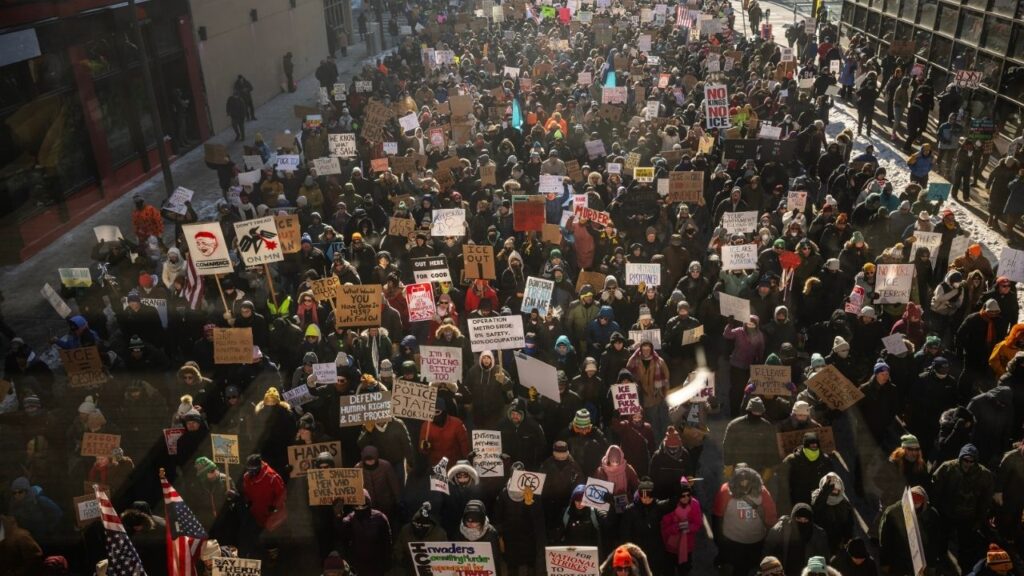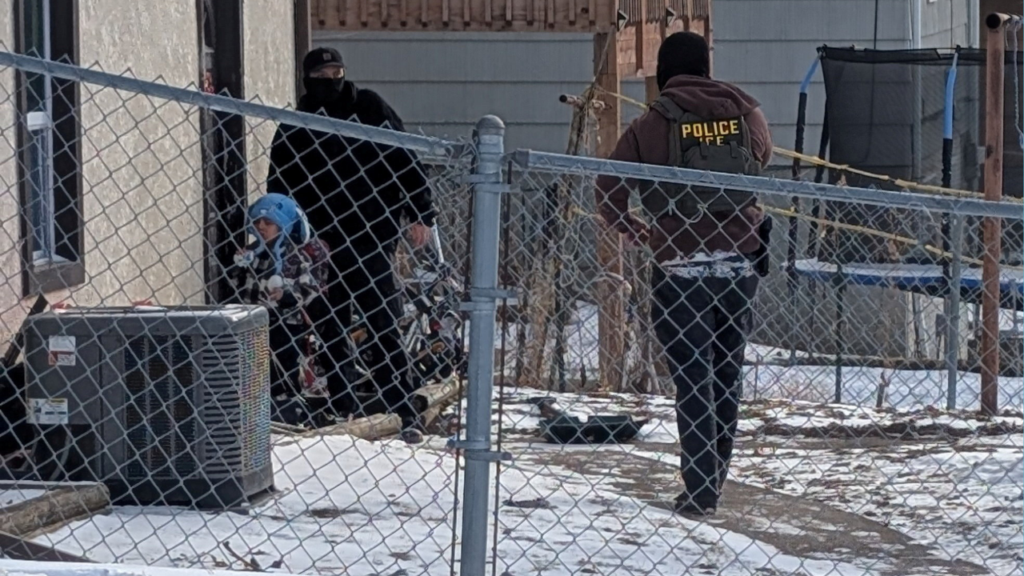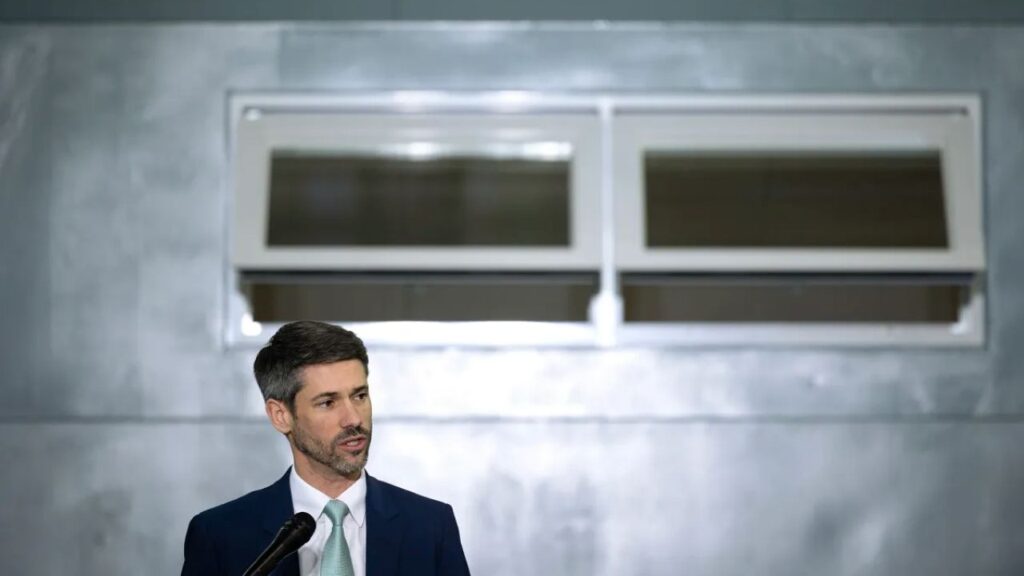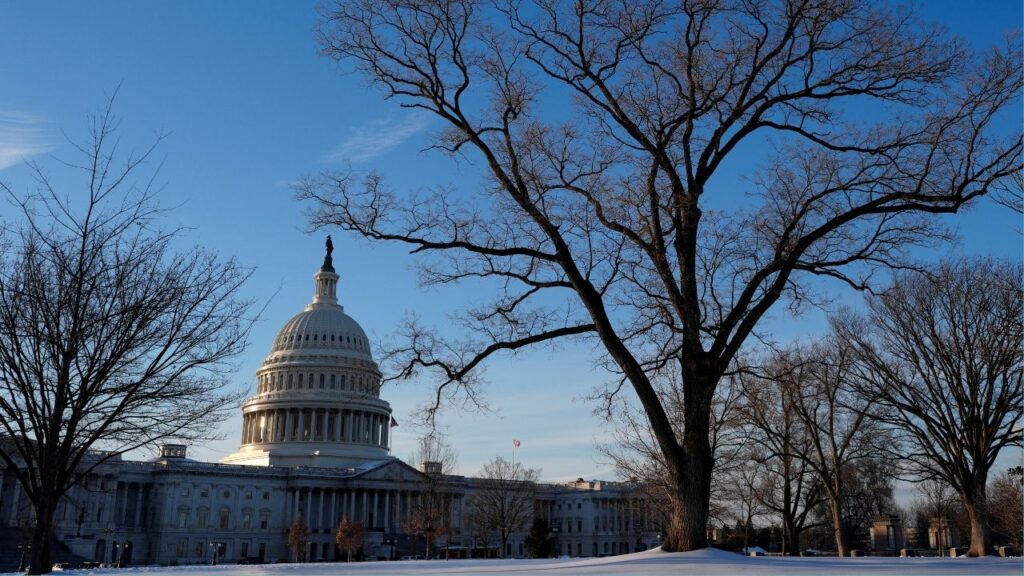Share
SACRAMENTO — California judicial leaders on Monday adopted a statewide emergency order suspending evictions to help deal with the COVID-19 crisis that has crippled the court system.
It was one of eleven temporary rules adopted by the state’s Judicial Council during a second emergency meeting since the coronavirus pandemic started.
Order Delays All Eviction Cases from Moving Forward
The order delays all eviction cases from moving forward, not just those related to people not being able to pay rent due to the virus. It follows an executive order last month by Gov. Gavin Newsom banning the enforcement of eviction orders that advocates said didn’t go far enough.
In California, the eviction process requires a landlord to give advance written notice to a tenant when they are being forced to move out for violating the terms of a rental agreement. If the tenant doesn’t voluntarily comply, the landlord must file an eviction lawsuit in Superior Court in order to move forward with the removal. Tenants can challenge an eviction on various grounds.
Those lawsuits are now on hold.
Sasha Harnden, housing policy advocate at the Western Center on Law and Poverty, said the council’s ruling is an important step.
“This is the type of straightforward, broad protection that we have been wanting to see from our leaders to give people comfort while we address the massive economic impacts of this crisis,” he said.
[covid-19-tracker]The Rule Will Remain in Place for up to 90 Days After Newsom Lifts the State’s Emergency Declaration
Under the emergency rule, tenants can still be served eviction notices but will not be on the normal five-day clock to respond, Harnden said Monday. When the courts resume, tenants could still owe back rent, be evicted or face other penalties.
The rule will remain in place for up to 90 days after Newsom lifts the state’s emergency declaration that he issued in early March.
The council, the rule-making arm of the judicial system, also set bail statewide at $0 for misdemeanors and lower-level felonies to reduce jail populations.
In addition, the council allowed courts to require judicial proceedings and court operations to be conducted remotely — with the defendant’s consent in criminal proceedings. Defendants will also be allowed to appear remotely for pretrial criminal hearings.
It also extended the time frame for temporary restraining orders and statutes of limitations governing civil actions.
The courts have been operating with a greatly reduced work force since Newsom issued a shelter-in-place order to slow the spread of the coronavirus.


















